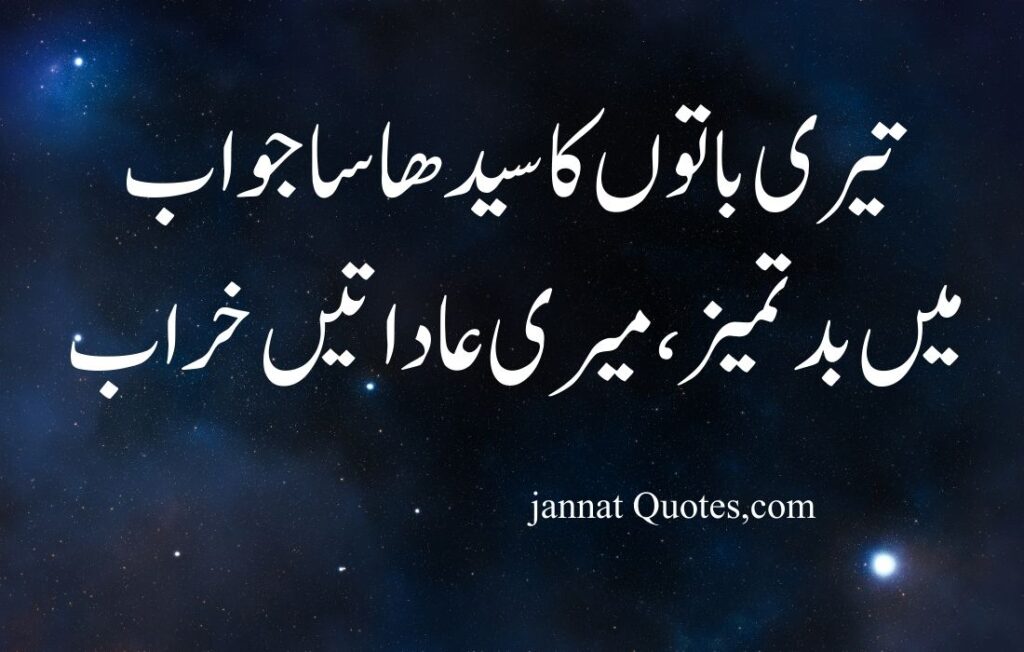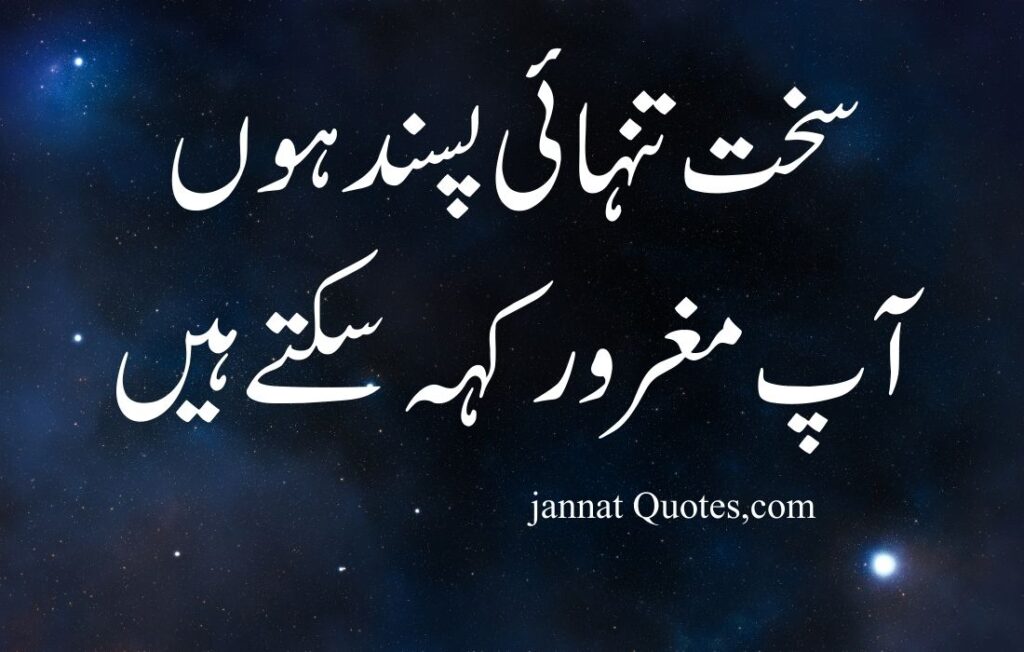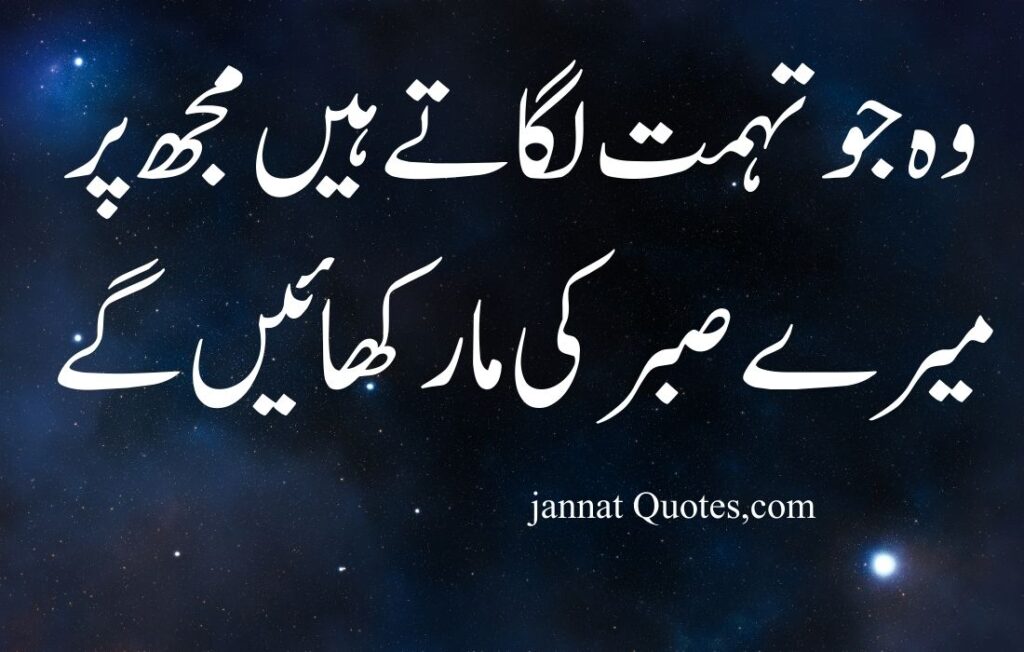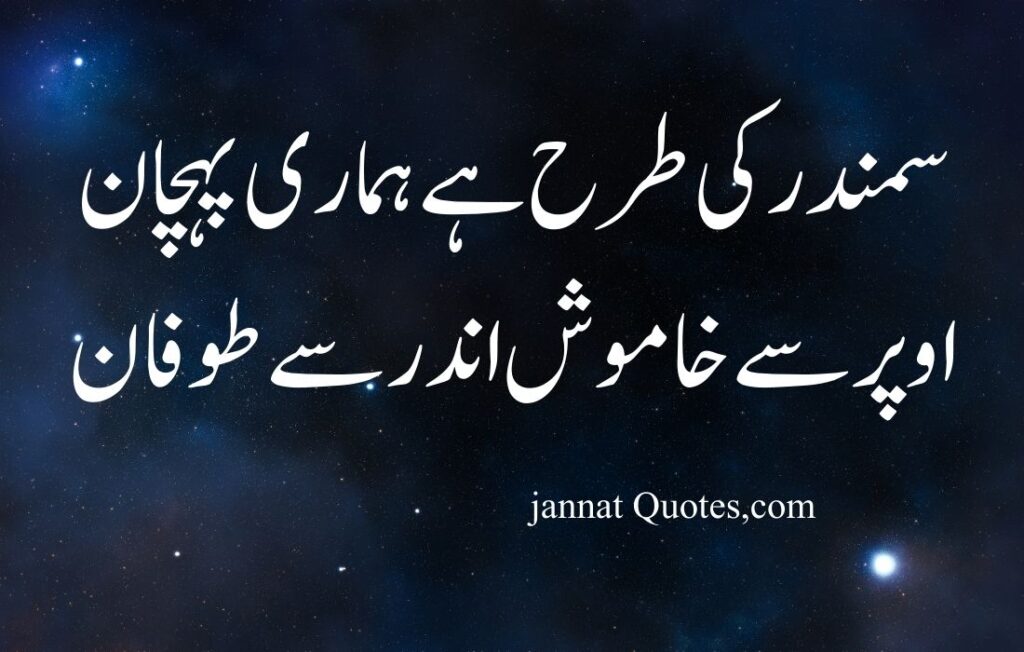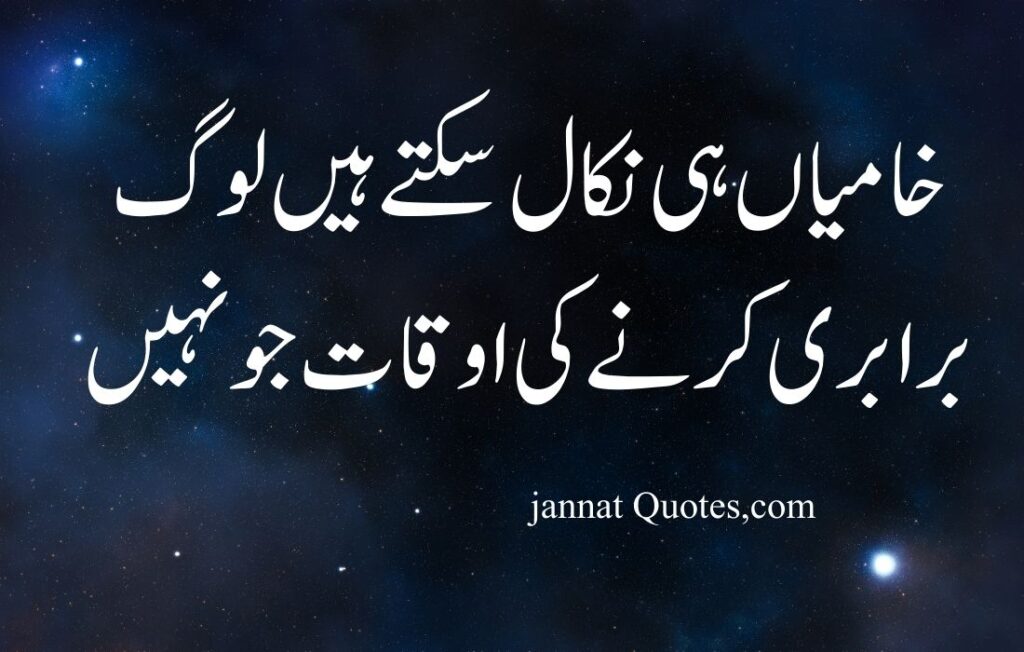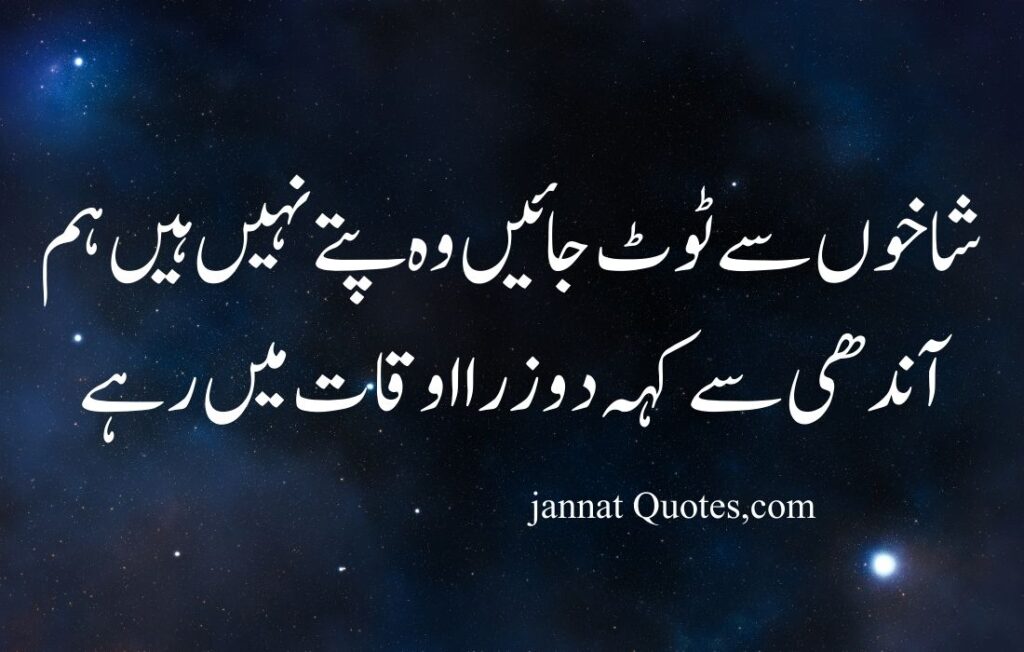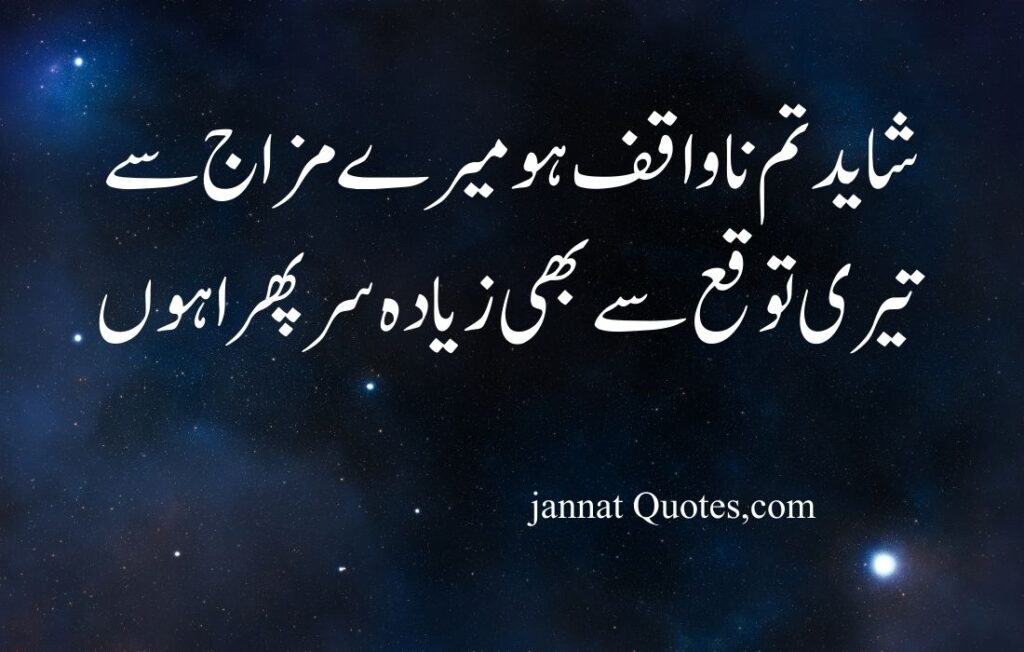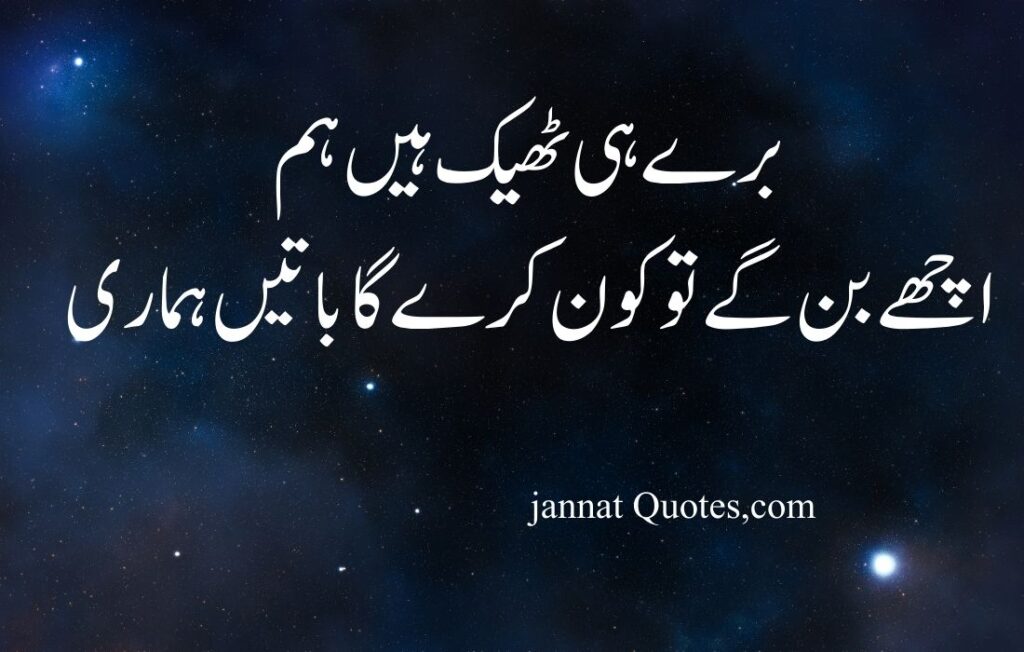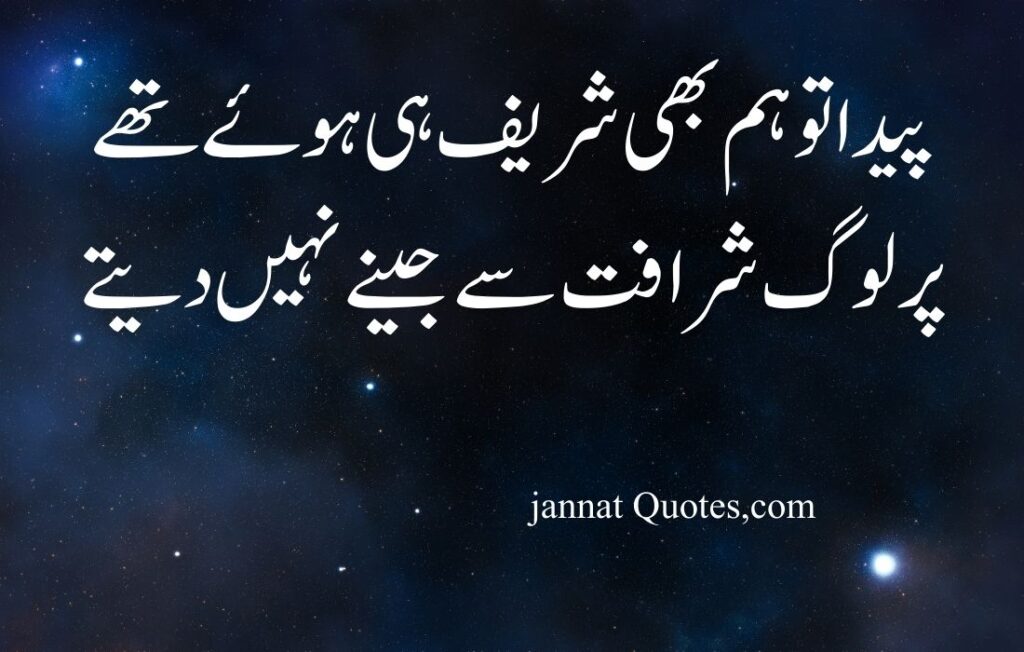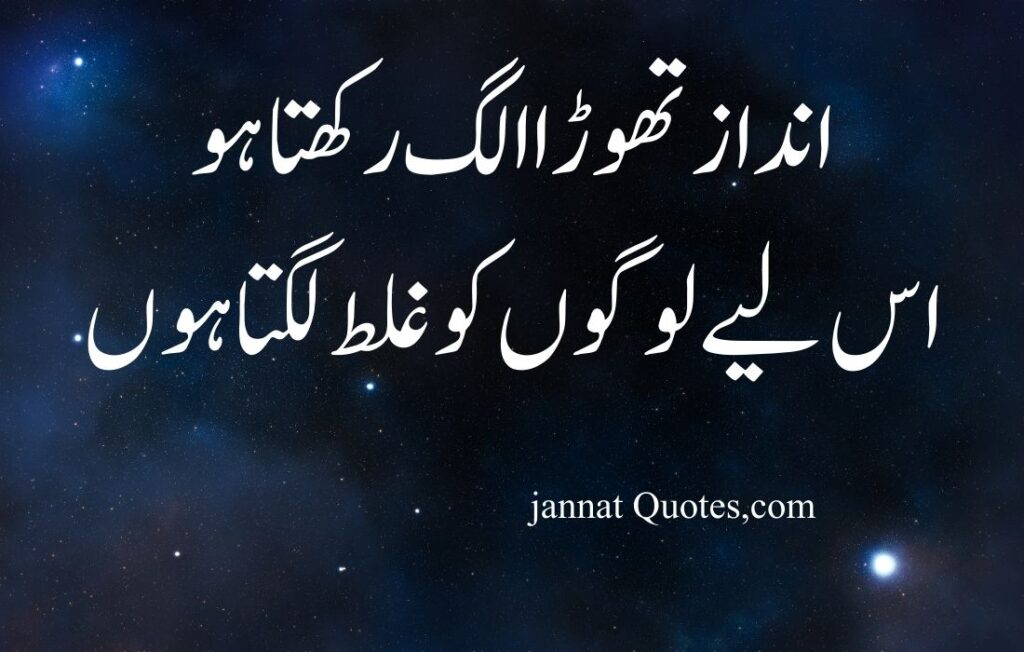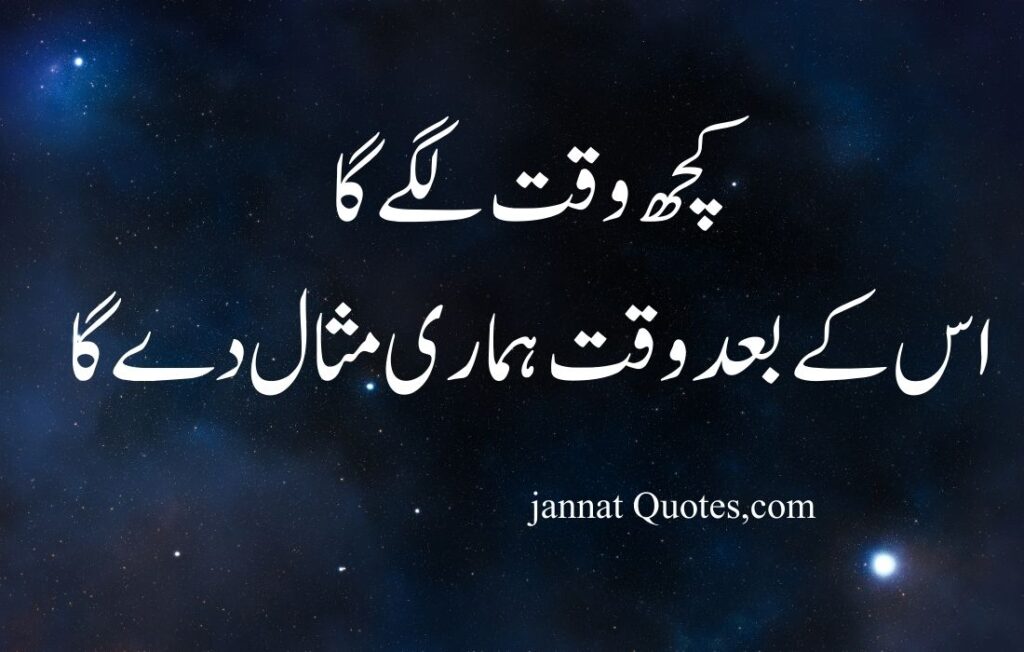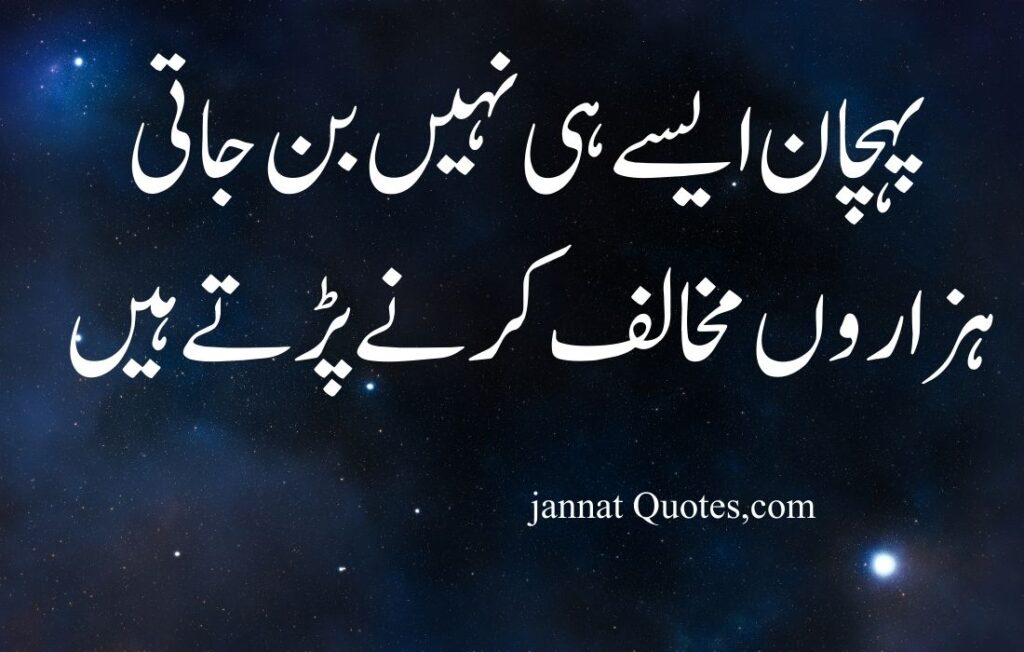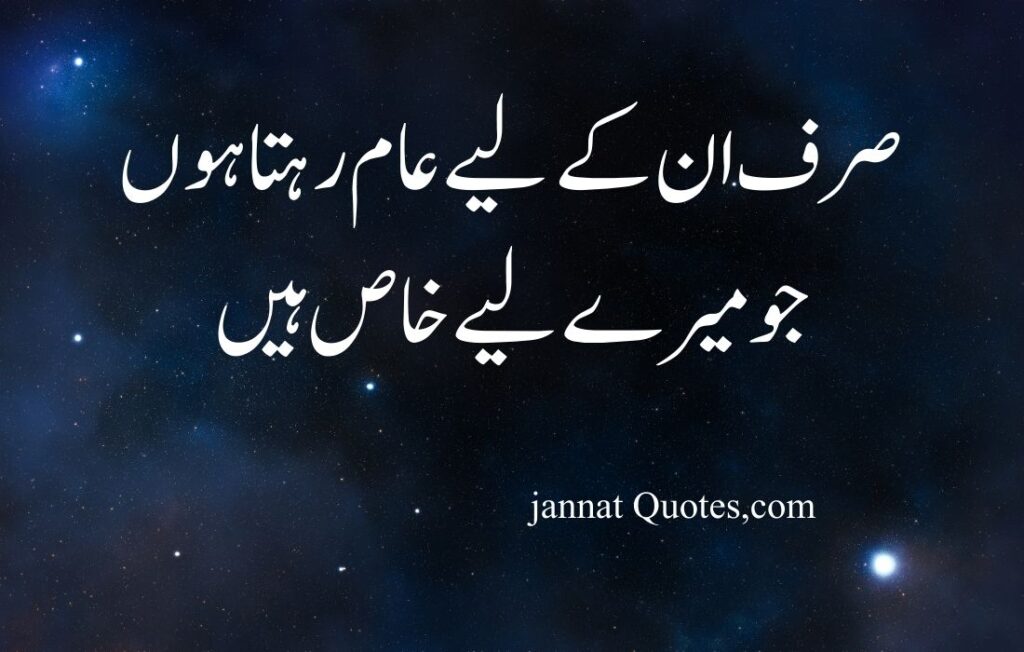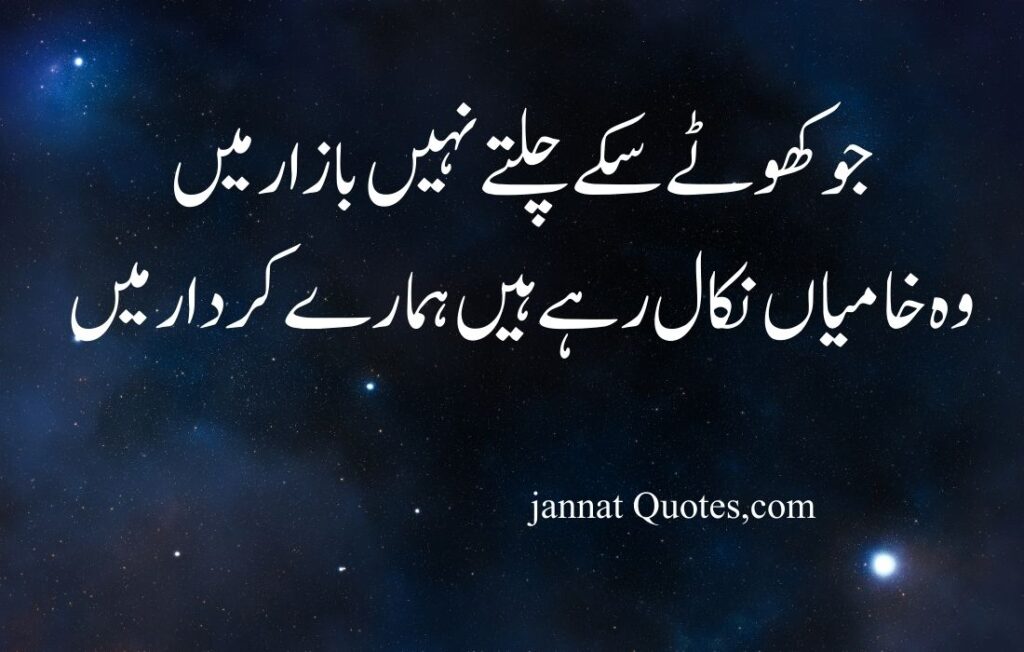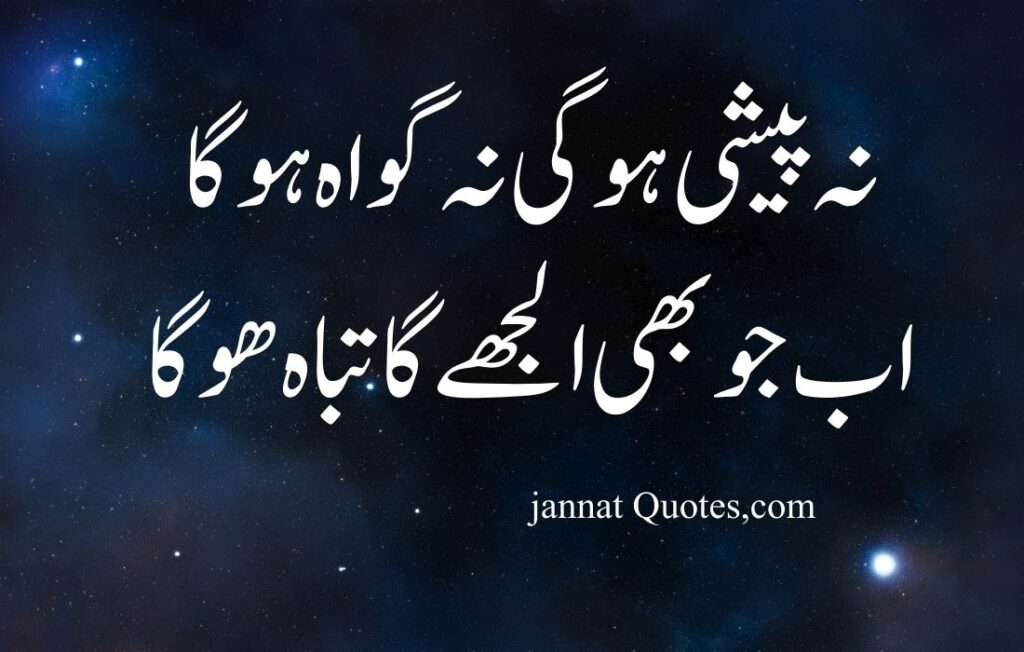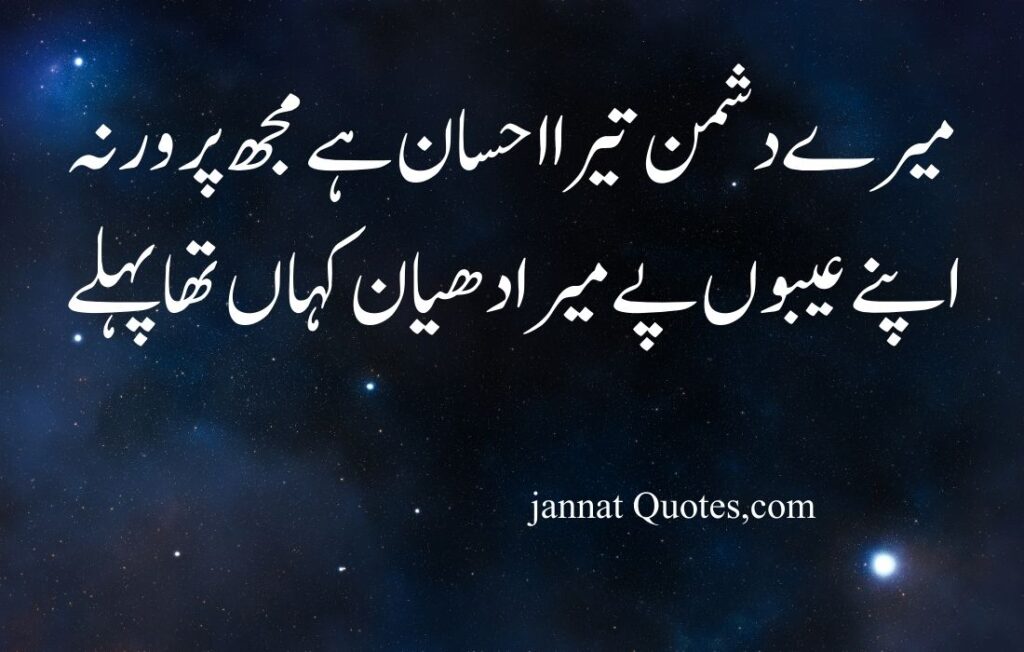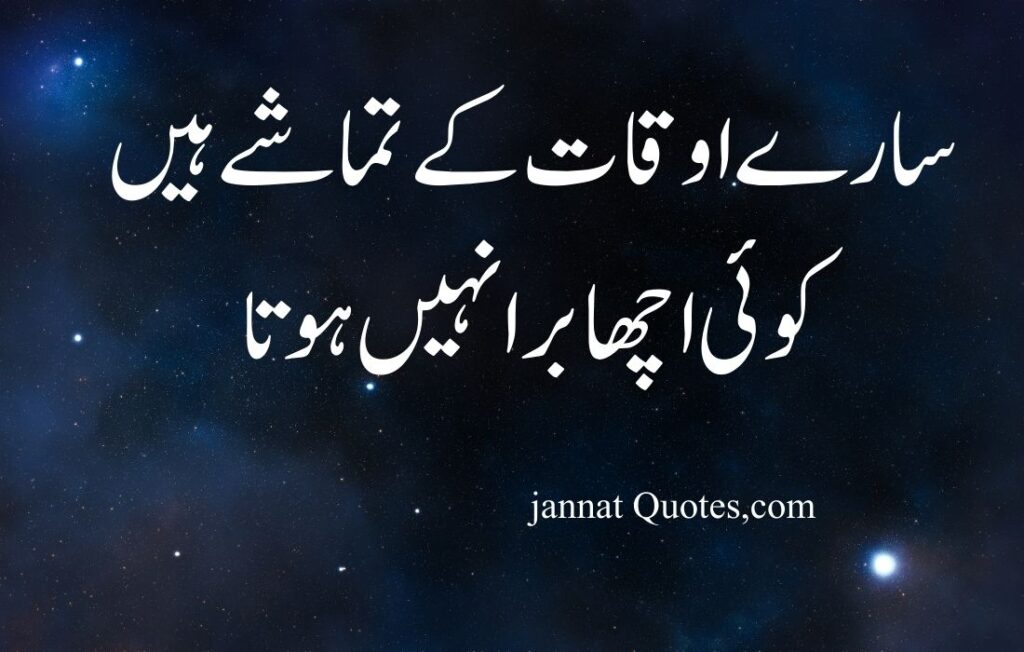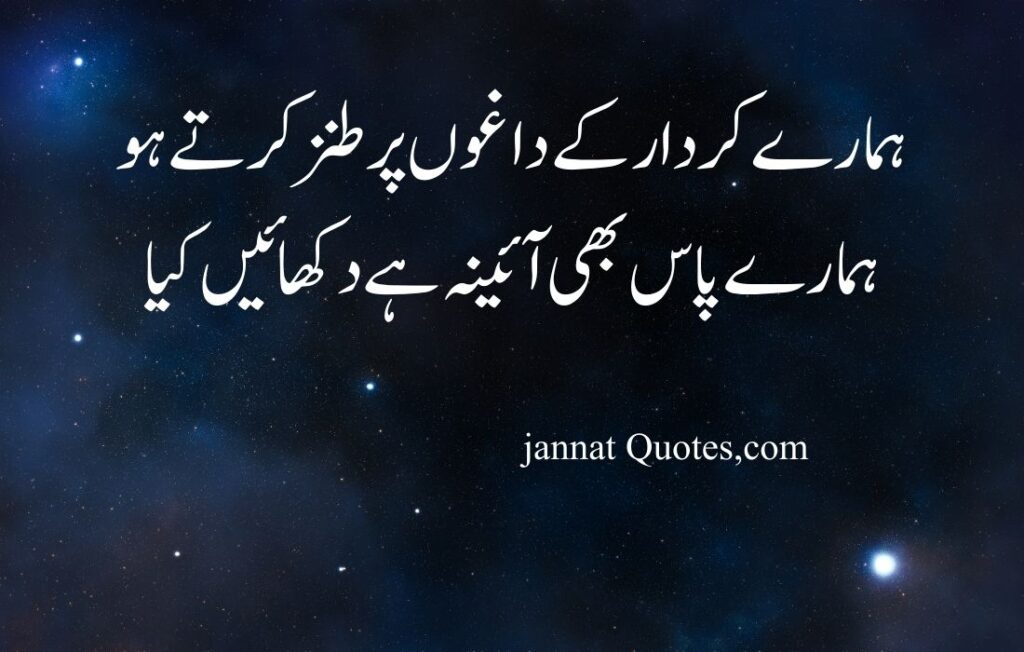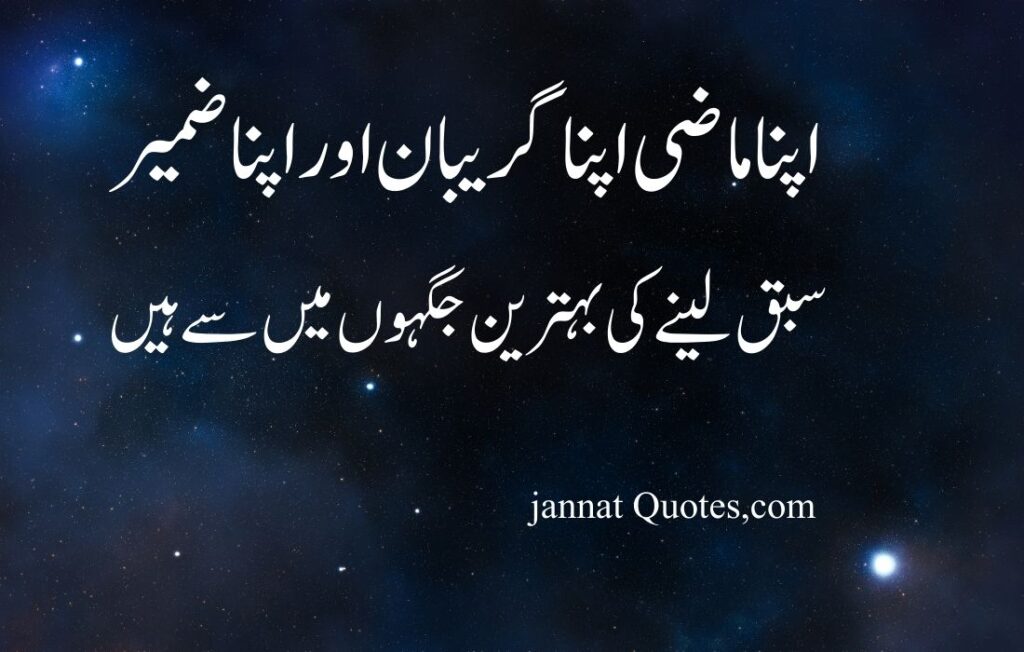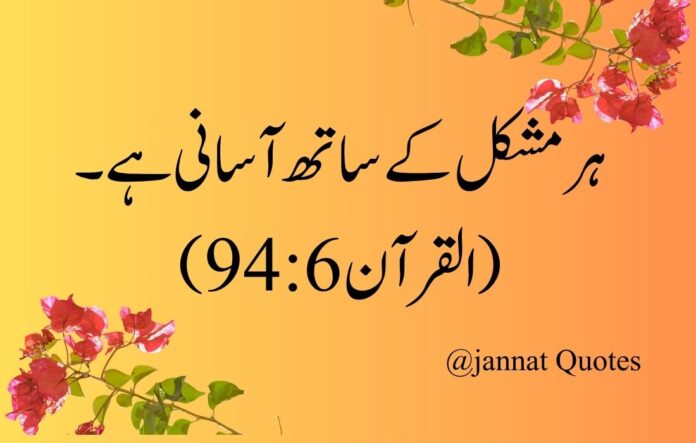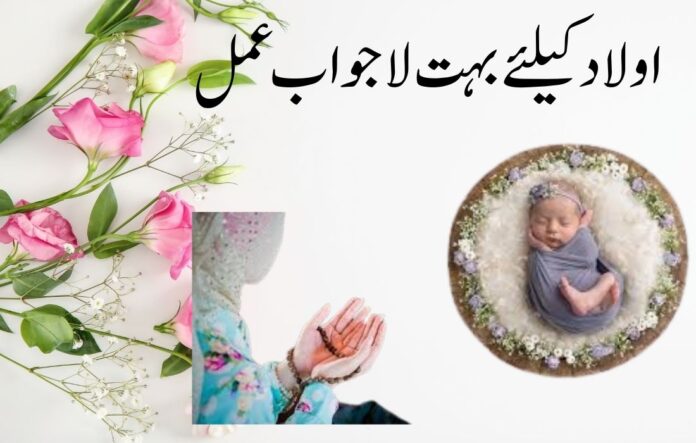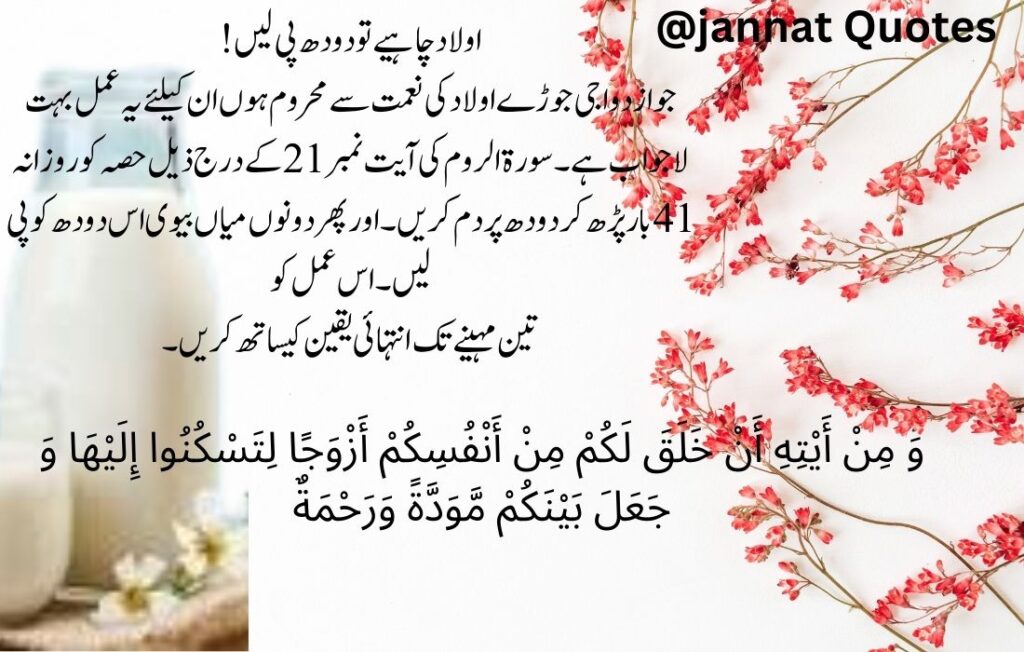What is the meaning of the phrase The Night
Journey (Isra and Miraj)?
The phrase “The Night Journey (Isra and Miraj)” refers to a miraculous event in Islamic tradition during which the Prophet Muhammad (PBUH) was taken on a special journey by Allah. It consists of two parts:
1.Isra: The first part of the journey, where the Prophet (PBUH) was taken from Masjid al-Haram (in Makkah) to Masjid al-Aqsa (in Jerusalem) in a single night. This miraculous journey was made on a special heavenly steed called Buraq.
2.:Miraj The second part, where the Prophet (PBUH) ascended through the seven heavens, meeting various prophets along the way, until he reached a place near the divine presence of Allah. During this part of the journey, he was given the gift of ,five daily prayers ,for the Muslim community.
The ;Isra and Miraj ;symbolizes spiritual elevation, the importance of faith, and the obligation of daily prayers in Islam. It is a profound event that demonstrates the special connection between the Prophet Muhammad (PBUH) and Allah.
For more waqiat please link here
واقعۂ معراج** (اسراء و معراج)
اسلام کی تاریخ کا ایک نہایت اہم اور بابرکت واقعہ ہے، جس میں نبی کریم ﷺ کو اللہ تعالیٰ کی طرف سے آسمانوں کی سیر اور قربِ الٰہی کا شرف عطا کیا گیا۔ یہ واقعہ
مسلمانوں کے لیے ایمان اور روحانی تعلق کا ایک عظیم ذریعہ ہے، اور اس میں بے شمار حکمتیں اور سبق پوشیدہ ہیں۔
### معراج کی رات
واقعۂ معراج کا ذکر قرآن مجید کی سورۂ اسراء میں کیا گیا ہے، جہاں اللہ تعالیٰ فرماتا ہے:
**”پاک ہے وہ ذات جو اپنے بندے کو رات کے ایک حصے میں مسجد حرام سے مسجد اقصیٰ تک لے گئی، جس کے اردگرد ہم نے برکتیں رکھی ہیں تاکہ ہم اسے اپنی
نشانیاں دکھائیں۔ بے شک وہی سننے والا اور دیکھنے والا ہے۔”**
(سورہ الاسراء: 1)
یہ واقعہ مکہ مکرمہ میں نبی کریم ﷺ کی زندگی کے ایک نہایت مشکل دور میں پیش آیا۔ کفارِ مکہ نبی ﷺ کی تبلیغ کا شدید مخالفت کر رہے تھے اور مسلمانوں پر ظلم و ستم کی
انتہا ہو چکی تھی۔ ایسے میں اللہ تعالیٰ نے اپنے محبوب نبی ﷺ کو تسلی دینے اور اپنی قدرت کا مظاہرہ کرنے کے لیے اس معجزاتی سفر کا انتظام فرمایا۔
### سفرِ اسراء (مسجد حرام سے مسجد اقصیٰ تک)
واقعۂ معراج کا پہلا حصہ “اسراء” کہلاتا ہے، جس میں نبی کریم ﷺ کو مسجد حرام (مکہ) سے مسجد اقصیٰ (یروشلم) تک رات کے ایک حصے میں لے جایا گیا۔ یہ سفر ایک
خاص سواری، “براق”، پر کیا گیا، جو برق کی رفتار سے چلنے والی ایک سواری تھی۔ براق کے متعلق روایت ہے کہ وہ ایک سفید رنگ کی، گدھے سے چھوٹی اور خچر سے
بڑی سواری تھی۔
نبی کریم ﷺ نے حضرت جبرائیل علیہ السلام کی معیت میں یہ سفر طے کیا۔ اس دوران نبی ﷺ کو کئی معجزات اور نشانیاں دکھائی
گئیں۔ یروشلم پہنچنے کے بعد آپ ﷺ نے تمام انبیاء کرام کی امامت فرمائی اور وہاں نماز ادا کی۔ اس واقعے سے امتِ مسلمہ کو یہ
سبق دیا گیا کہ نبی ﷺ تمام انبیاء کے سردار ہیں اور ان کی تعلیمات کا تسلسل ہیں۔
### معراج کا سفر (آسمانوں کی سیر)
مسجد اقصیٰ میں نماز ادا کرنے کے بعد نبی کریم ﷺ کا دوسرا سفر شروع ہوا، جسے “معراج” کہا جاتا ہے۔ معراج کا مطلب “چڑھنا” یا “اوپر جانا” ہے۔ نبی کریم ﷺ کو
حضرت جبرائیل علیہ السلام کے ساتھ آسمانوں کی سیر کرائی گئی۔
پہلا آسمان
پہلے آسمان پر نبی کریم ﷺ کی ملاقات حضرت آدم علیہ السلام سے ہوئی، جو انسانیت کے والد ہیں۔ حضرت آدم علیہ السلام نے نبی ﷺ کو خوش آمدید کہا اور ان کے
لیے دعا کی۔
دوسرا آسمان
دوسرے آسمان پر حضرت یحییٰ اور حضرت عیسیٰ علیہما السلام سے ملاقات ہوئی، دونوں انبیاء نے نبی کریم ﷺ کو خوش آمدید کہا اور ان کے لیے دعا کی۔
تیسرا آسمان
تیسرے آسمان پر حضرت یوسف علیہ السلام سے ملاقات ہوئی، جو اپنی خوبصورتی اور علم کے باعث مشہور ہیں۔ حضرت یوسف علیہ السلام نے بھی نبی ﷺ کو خوش
آمدید کہا۔
چوتھا آسمان
چوتھے آسمان پر حضرت ادریس علیہ السلام سے ملاقات ہوئی، جنہیں اللہ تعالیٰ نے بلند مقام عطا فرمایا تھا۔
پانچواں آسمان
پانچویں آسمان پر حضرت ہارون علیہ السلام سے ملاقات ہوئی، جو حضرت موسیٰ علیہ السلام کے بھائی اور بنی اسرائیل کے نبی تھے۔
چھٹا آسمان
چھٹے آسمان پر حضرت موسیٰ علیہ السلام سے ملاقات ہوئی۔ حضرت موسیٰ علیہ السلام نے نبی ﷺ کو خوش آمدید کہا اور ان کے لیے دعا کی۔
ساتواں آسمان
ساتویں آسمان پر حضرت ابراہیم علیہ السلام سے ملاقات ہوئی، جو خلیل اللہ کے لقب سے معروف ہیں۔ حضرت ابراہیم علیہ السلام کی ملاقات کے وقت نبی کریم ﷺ
نے دیکھا کہ وہ بیت المعمور کے ساتھ بیٹھے ہیں۔ بیت المعمور وہ مقام ہے جہاں فرشتے اللہ کی عبادت کرتے ہیں اور ہر روز ستر ہزار نئے فرشتے وہاں داخل ہوتے ہیں۔
### سدرة المنتہیٰ اور قربِ الٰہی
اس کے بعد نبی کریم ﷺ کو حضرت جبرائیل علیہ السلام سدرة المنتہیٰ تک لے گئے، جو ساتویں آسمان کے بعد ایک خاص مقام ہے۔ وہاں حضرت جبرائیل علیہ السلام
نے رک کر فرمایا کہ یہاں سے آگے میں نہیں جا سکتا۔ پھر نبی کریم ﷺ تنہا اللہ تعالیٰ کے قرب میں گئے۔ اس مقام پر نبی کریم ﷺ کو اللہ تعالیٰ سے براہ راست ملاقات
کا شرف حاصل ہوا، اور اسی دوران پانچ وقت کی نماز کا تحفہ عطا کیا گیا۔
پہلے پچاس نمازوں کا حکم تھا، لیکن نبی کریم ﷺ کی حضرت موسیٰ علیہ السلام کے مشورے پر اللہ تعالیٰ سے رعایت طلب کرنے کے بعد یہ تعداد پانچ کر دی گئی۔ ان پانچ
نمازوں کے بدلے پچاس نمازوں کا ثواب مقرر کیا گیا۔
### واقعۂ معراج کے روحانی اور عملی اثرات
واقعۂ معراج مسلمانوں کے لیے بے شمار روحانی اور عملی سبق رکھتا ہے:
نماز کی اہمیت: معراج کا سب سے اہم تحفہ نماز ہے، جو مسلمانوں کے لیے فرض کی گئی۔ نماز بندے کا اللہ سے براہ راست رابطے کا ذریعہ ہے، اور اس واقعہ نے اس کی
اہمیت کو نمایاں کیا۔
اللہ تعالیٰ کی قدرت:** واقعۂ معراج اللہ تعالیٰ کی عظیم قدرت کا مظہر ہے۔ اس سے ہمیں یہ سبق ملتا ہے کہ اللہ کے لیے کچھ بھی ناممکن نہیں ہے۔
نبی کریم ﷺ کی فضیلت:** معراج میں نبی کریم ﷺ کی ملاقات تمام انبیاء سے ہوئی اور آپ کو امامت کا شرف ملا، جس سے ظاہر ہوتا ہے کہ آپ ﷺ تمام انبیاء
کے سردار ہیں۔
صبر اور استقامت کا درس:** نبی کریم ﷺ کو اس مشکل وقت میں یہ معجزہ عطا کیا گیا تاکہ ان کی ہمت اور استقامت میں اضافہ ہو۔ اس سے یہ سبق ملتا ہے کہ مشکل
حالات میں اللہ تعالیٰ اپنے بندوں کی مدد کرتا ہے۔
اتحادِ امت:** نبی کریم ﷺ کی امامت میں تمام انبیاء کی نماز اس بات کی علامت ہے کہ اسلام تمام سابقہ مذاہب کا تسلسل ہے اور یہ دینِ حق ہے۔
### معراج کا اثر مسلمانوں پر
واقعۂ معراج نے مسلمانوں کے دلوں میں ایمان کو مزید مضبوط کیا اور انہیں یہ یقین دلایا کہ نبی کریم ﷺ کا پیغام حق ہے۔ اس واقعہ کے بعد مسلمانوں نے اور زیادہ
جوش و خروش سے دین کی پیروی کی اور نبی ﷺ کے ساتھ وفاداری کا عہد کیا۔
### نتیجہ
واقعۂ معراج نبی کریم ﷺ کی زندگی کا ایک معجزاتی اور روحانی سفر تھا، جس نے اسلام کی بنیادوں کو مزید مضبوط کیا اور مسلمانوں کو ایمان، نماز، اور اللہ کے قرب کی
اہمیت سکھائی۔ اس واقعے سے ہمیں یہ سبق ملتا ہے کہ اللہ تعالیٰ اپنے بندوں کو ان کی مشکلات کے دوران تنہا نہیں چھوڑتا اور ان کے لیے راہیں کھولتا ہے۔ معراج کا واقعہ
قیامت تک مسلمانوں کے لیے روحانی روشنی اور ایمان کی تازگی کا ذریعہ رہے گا۔




































